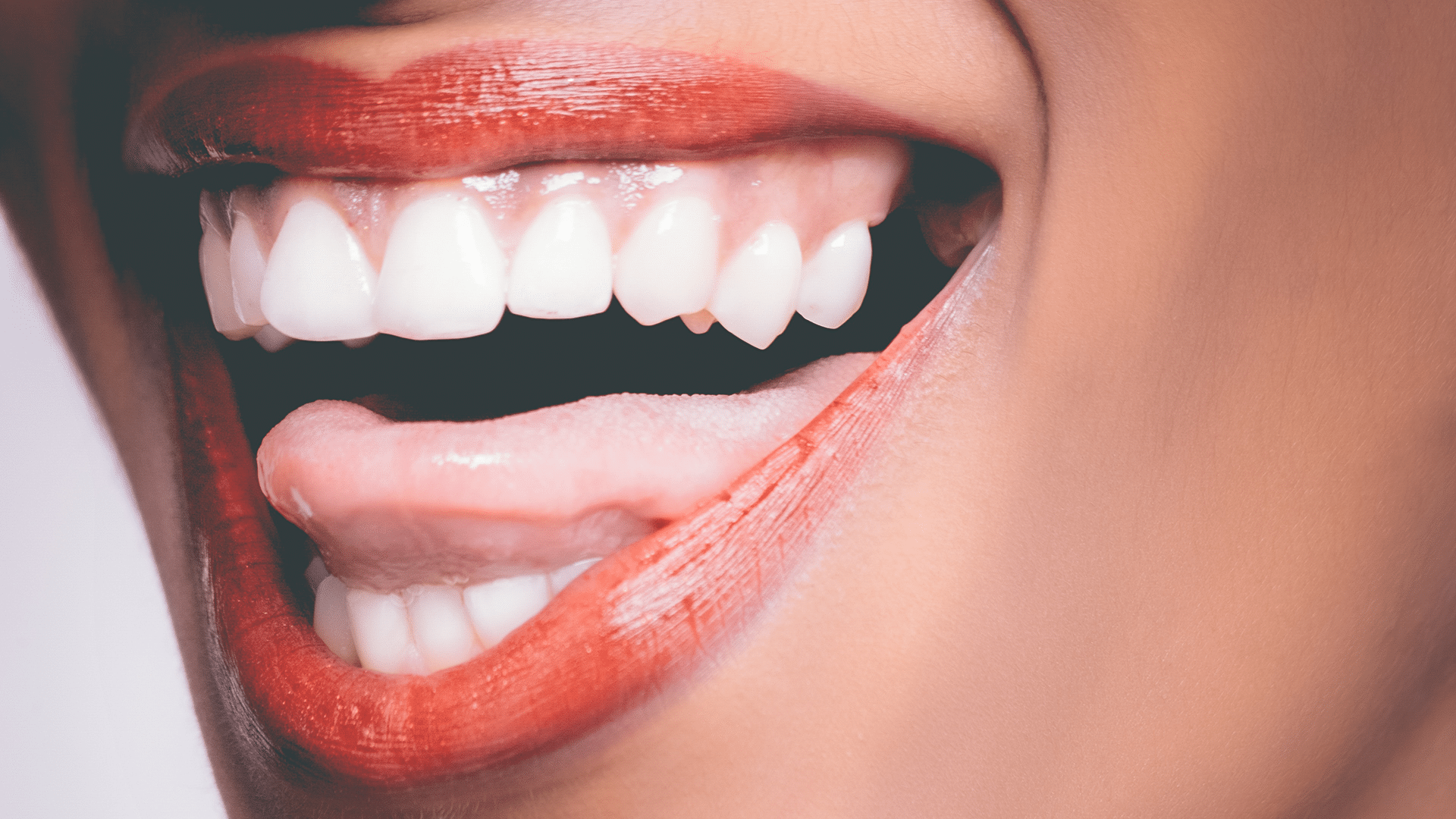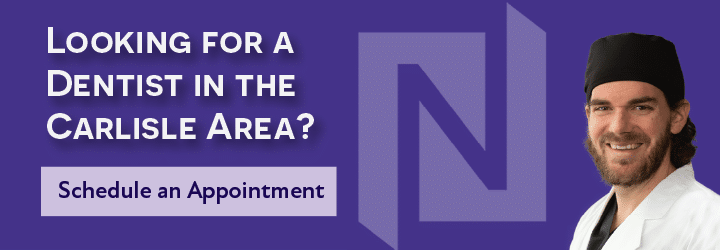
Importance of Saliva and its Effects on Your Mouth
Saliva is an important part of a healthy body. It is mostly made of water but also contains important substances that your body needs to digest food and keep your teeth strong.
Saliva is important because it:
- Keeps mouth moist and comfortable
- Helps chew, taste, and swallow
- Fights germs in your mouth and prevents bad breath
- Has proteins and minerals that protect tooth enamel and prevent tooth decay and gum disease
- Helps keep dentures securely in place
Tiny tubes called salivary ducts carry saliva from the glands into your mouth. Small amounts enter the mouth constantly to keep the mouth moist. The glands really kick into action when you eat, or even just think about or smell food. An average person produces 2-4 pints every day.
Too Little Saliva:
Certain diseases and medicines can affect how much saliva you make. If you do not make enough saliva, your mouth can become quite dry. This condition is called dry mouth (xerostomia).
Dry mouth also makes you more likely to develop rapid tooth decay and gum (periodontal) disease. That’s because your spit helps clear food particles from your teeth. This helps reduce your risk for cavities.
If you’re not producing enough saliva, you may notice these signs and symptoms all or most of the time:
- Dryness or a feeling of stickiness in your mouth
- Bad breath
- Difficulty chewing, speaking, and swallowing
- Dry or sore throat and hoarseness
- Dry or grooved tongue
- A changed sense of taste
- Problems wearing dentures
Causes of Excessive Saliva
While reduced saliva flow can cause problems, excessive saliva is also a cause for concern. Having excessive or hypersalivation can be quite uncomfortable, so you must seek out treatment as soon as possible. Consult with your doctor and dentist so that together you can find a treatment plan that helps manage the excess and makes you feel comfortable and confident.
Hypersalivation in adults is primarily caused by:
- Mononucleosis or sinus infections
- Strep throat or tonsillitis
- Allergies
- Heartburn or GERD
- Pregnancy
- Use of certain medicines
- Reaction to pesticide poisoning or snake or insect venom
- Nervous system disorders that cause difficulty with swallowing
If you have any questions or concerns, please feel free to contact us at Noll Family Dentistry!



